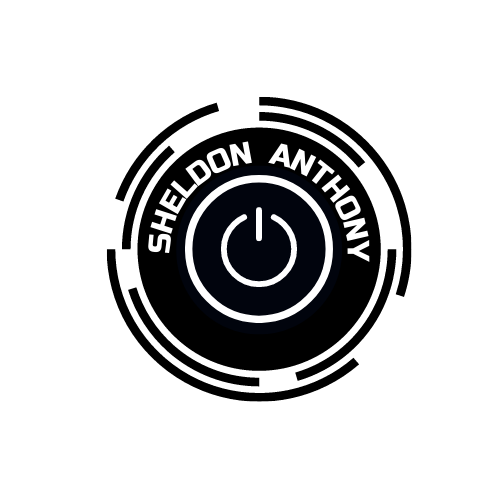
You're a tech wiz, a business owner who thrives on innovation. You live and breathe the latest AI advancements, constantly seeking ways to integrate them into your company. But here's the thing: lately, a nagging feeling keeps popping up. Is all this artificial intelligence making your brand...well, a little bland? A recent study by Gartner predicts that by 2027, a cool 20% of brands will be ditching the AI bandwagon and focusing on what makes them truly special: their humanity. [1] In an era where AI-driven chatbots, recommendation engines, and predictive analytics dominate, some businesses are boldly declaring, “We choose authenticity over artificial intelligence.” It’s about creating moments that algorithms envy—where a handwritten thank-you note trumps an automated email.
Let's face it, AI can feel a bit…cold. We've all scrolled through social media feeds filled with robotic-sounding posts, leaving us wondering if there's a real person behind the curtain. Plus, with worries about fake news and misinformation swirling around. Consumers are craving authenticity and they want to know they're connecting with a brand that has a heart, not just a fancy algorithm.
Two decades ago, Dove took a bold stance against unrealistic beauty standards. As we enter an era where AI-generated content is predicted to dominate 90% of online material by 2025, Dove’s message remains relevant: “keep beauty real.” The brand is renowned for its unwavering commitment to representing and celebrating beauty in all its diverse forms. But what if we could encode this commitment into the very fabric of AI-generated beauty? Introducing Dove’s latest campaign, “The Code.” This initiative explores the impact of AI on beauty while honoring Dove’s enduring legacy. Shockingly, one in three women feels pressure to alter their appearance due to online images—even when they recognize that these images are artificially generated. The rise of AI poses one of the most significant threats to authentic beauty in the past two decades, underscoring the urgency of representation. Dove’s pledge is clear: no AI manipulation of women’s images. Unlike humans, AI lacks a true understanding of beauty; it merely reflects our collective discourse. Dove aims to shape AI’s perception of beauty collaboratively, ensuring that it aligns with our shared values. To facilitate this, they’ve created the Real Beauty Prompt Playbook, a resource that offers practical tips for creating AI-generated images that authentically represent diverse beauty. The playbook also includes a glossary of terms to foster inclusivity in prompting. In a world increasingly shaped by AI, Dove’s commitment to real beauty remains steadfast. Together, we can redefine beauty standards for the future—one prompt at a time. [2]
This is where the "No-AI" rebels come in. They're the brands that say, "Hey, we get it. You want real people who understand your needs and frustrations." They'll showcase the talented humans behind their products, the designers who poured their creativity into every stitch, and the customer service reps who'll bend over backward to help you. This doesn't mean AI is getting the boot entirely. It just means that smart brands will be using it responsibly, focusing on where it shines (like crunching data) while keeping the human touch at the forefront. The future of marketing might be about finding the perfect harmony between tech and, well, us.
It's about what resonates with us as humans. We crave genuine experiences, a feeling that the brand on the other side of the screen "gets" us. So, the brands of tomorrow will be the ones that can bridge the gap between technology and that all-important human connection. They'll be the ones who win our hearts (and wallets) in the age of AI. Will you ride the AI wave or choose the path less algorithmic? Either way, authenticity awaits.





No comments:
Post a Comment